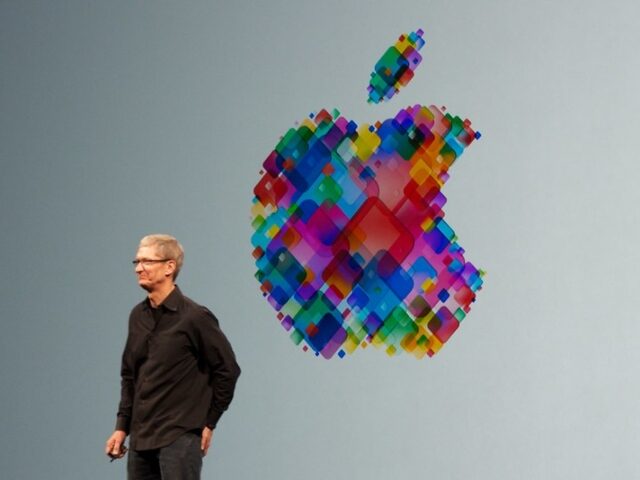Apple’s upcoming operating system, iOS 18, has reignited the debate surrounding the tech giant’s practice of “sherlocking” — integrating features similar to those offered by popular third-party apps into its own ecosystem, often at no additional cost, resulting in the apps they copycat losing their appeal.
NPR reports that as anticipation builds for the release of Apple’s iOS 18 this fall, the company has come under scrutiny for introducing features that bear striking resemblances to existing third-party apps. This common practice by Apple, which earned the nickname “sherlocking,” has been a point of contention for years, with some app developers accusing Apple of unfairly leveraging its market dominance to undermine their businesses. The term sherlocking dates back to the 1990’s, when Apple created a search tool for its desktops called Sherlock that was extremely similar to a popular program called Newton that was sold by a third party. Since then, whenever Apple copies a third party app to swallow up its business, it’s considered another case of sherlocking.
One notable example is TapeACall, a popular call recording app with millions of users who pay a monthly fee for its services. With iOS 18, Apple will offer its own recording and transcription service seamlessly integrated into phone calls on the iPhone, potentially rendering TapeACall obsolete. Philip Shoemaker, a former Apple executive who used to oversee the company’s App Store, commented, “If I was TapeACall, I’d be saying game over.”
TapeACall is not alone in facing this challenge. At its recent worldwide developers conference in Cupertino, Apple unveiled new services similar to writing assistant app Grammarly, password manager app 1Password, voice transcription app Otter, AI emoji app Newji, and maps app Alltrails. Additionally, its new AI-assistant features perform functions comparable to AI hardware devices like the RabbitR1 and Humanity’s AI pin.
While some app developers have expressed concerns about the impact of Apple’s actions on their businesses, others have publicly welcomed the competition. Grammarly spokeswoman Yuki Klotz-Burwell stated, “We welcome Apple to this exciting and thriving space where we’ve been operating for over 15 years,” adding that increased demand for their services often follows the entry of new competitors.
However, Rick VanMeter, executive director of the Coalition for App Fairness, which represents more than 80 popular apps, argues that many developers fear retaliation from Apple and are cautious about speaking out against the company. “Apple is not only a competitor, but it also sets the rules of the marketplace,” he explained.
Former Apple executive Shoemaker echoed this sentiment, stating that app developers often pivot to other services or go out of business entirely rather than risk being “chopped off the App Store” for speaking out against Apple.
Read more at NPR here.
Lucas Nolan is a reporter for Breitbart News covering issues of free speech and online censorship.

COMMENTS
Please let us know if you're having issues with commenting.